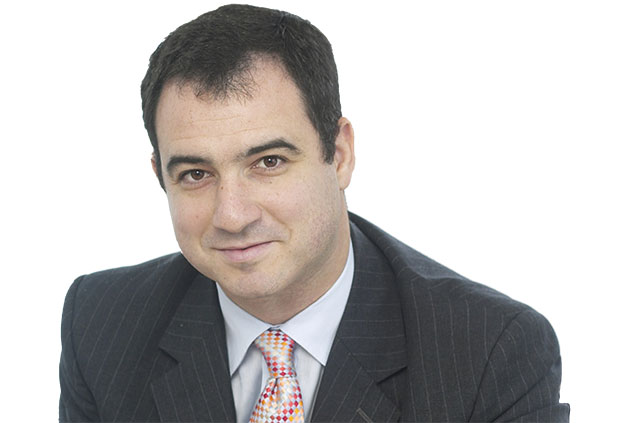
We were among the first to warn of the contagion from Neil Woodford’s funds for those he left behind at Invesco when he left in 2013. Until then, he had worked closely with Mark Barnett, the manager of Perpetual Income & Growth (PLI), Keystone (KIT) and various other funds.
We concluded in June that “Barnett sticks devotedly to companies that have tried but failed to regenerate themselves. Don’t be tempted by the discounts and the yields until there is some evidence that lessons have been learned.”
Barnett had an opportunity to break free from Woodford’s shadow in 2013, but failed to do so, continuing to focus both his portfolios and the ones he took over on the stocks that had served them well, notably tobacco, the oil majors and insurance. Barnett did not follow Woodford’s plunge into private equity, perhaps because Invesco stopped him from doing so, but his portfolios held on to a ragbag of holdings in eclectic investment funds, high-yield property trusts and speculative life-sciences companies.
Working together?
What has disturbed investors is the strong circumstantial evidence that Barnett and Woodford continued to work together, investing in the same stocks. Both were hurt by their significant holdings in Capita, Provident Financial and Burford. It is just about possible to argue that they invested independently, aware of the other’s holding but uninfluenced by the other except by the way of thinking they had shared at Invesco.
But these and the common holdings in “cheap” mega caps aren’t the end of the story. Both invested heavily in private-equity group Oakley Capital and its listed subsidiary Time Out; both sold their holdings earlier this year, although both companies appear to be doing well. Woodford may have needed to sell, but Barnett didn’t. No wonder many see them as Tweedledum and Tweedledee.
It’s no surprise that Morningstar reports withdrawals of £451m from Barnett’s Invesco High Income fund in the third quarter and £197m from his Income fund. Both funds have performed poorly in the last year, respectively 11% and 9% behind the sector average, but it is notable that contagion has spread to much better-performing funds in the sector. JO Hambro and Artemis income funds suffered withdrawals of £343m and £243m. Withdrawals from the Invesco funds in particular have prompted Morningstar to downgrade the Invesco funds to a “neutral” rating on account of their over-30% exposure to small-cap and micro-cap companies.
This is not because the outlook for smaller companies is poor; after a torrid time earlier in the year, they are performing well and look undervalued. But fund redemptions could snowball and leave the Invesco funds overexposed to illiquid stocks.
The wrong small caps
What Morningstar doesn’t point out is that Invesco appears to be exposed to the wrong smaller companies, such as IP Group, e-Therapeutics, and 4d Pharma – all also owned by Woodford. Strong performance by smaller companies in general won’t necessarily help Barnett.
Naturally, both he and Invesco protest that their funds are well diversified and predominantly invested in liquid stocks. They believe that the tide has turned in favour of “value” stocks, notably depressed economically sensitive domestic companies, and they may be right. But if so, why invest in a sector laggard rather than a competitor on the front foot?
If value stocks are set for a recovery, then the JO Hambro and Artemis Income funds or Temple Bar (LSE: TMPL), Murray Income (LSE: MUT) – of which MoneyWeek editor-in-chief Merryn Somerset Webb is a non-executive director – and Troy Income & Growth (LSE: TIGT) investment trusts are likely to produce better performance. They can still afford to take risks and this is the key to good returns.
The Invesco funds and trusts may be full of cheap stocks, but these have a habit of staying cheap. The skill of the value manager lies in distinguishing between “value” and “cheap” stocks. The shares of most firms that went bust looked very cheap before they were suspended. The great turnaround opportunities looked beyond redemption when they hit their lows.